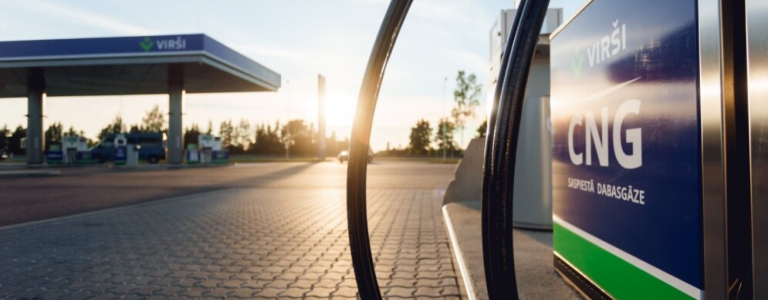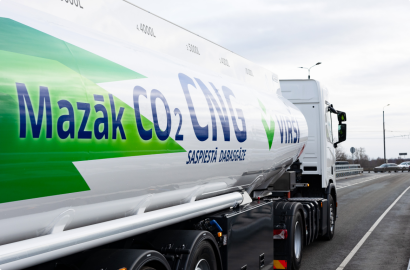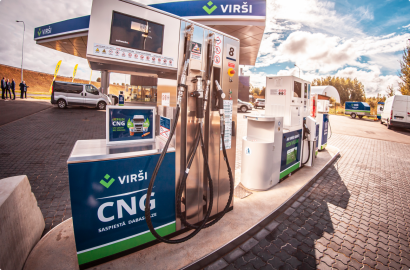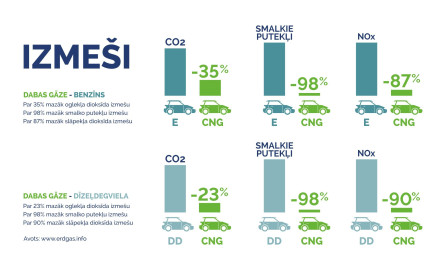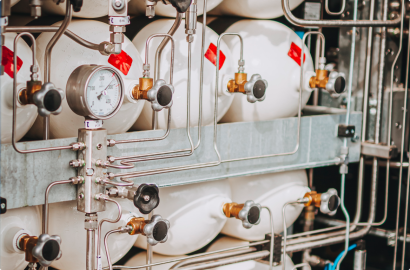| _fbp |
Facebook |
This cookie is used by Facebook to deliver various promotional products, such as real-time offers from third-party advertisers. |
3 months |
https |
| __cf_bm |
.t.co |
Cookies that distinguish the user from an artificial robot, these cookies allow the preparation of reports on the use of the website. |
30 minutes |
https |
| muc_ads |
.t.co |
Cookies that are used to collect data on user behavior and interaction, which allows to optimize the website and make advertising on the website relevant to the user's interests.
"statistics_tracker" and cookies, which allows you to save user-defined statuses in Cookie policy. |
400 days |
https |
| _gcl_au |
.virsi.lv |
Keep track of what is used for Google AdSense purposes in order to measure the effectiveness of test campaigns that use their services. |
90 days |
https |
| _tt_enable_cookie |
.virsi.lv un .tiktok.com |
Are used to measure the performance of advertising campaigns, to improve it and to personalize user experience, including advertising on the TIKTOK platform. |
90 days |
https |
| guest_id, guest_id_ads, guest_id_marketing |
.twitter.com |
Are used for Twitter purposes, which allow to identify and track the actions of visitors to the website, used for marketing purposes both when visiting the website and when logging out of the website. |
400 days |
https |
| personalization_id |
.twitter.com |
Used by Twitter to track user activities on and off Twitter to provide a personalized experience. |
400 days |
https |
| VISITOR_INFO1_LIVE |
.youtube.com |
Are used for Youtube.com purposes, this cookie allows you to measure the width of the user's device's screen toolbar on pages or integrated YouTube videos. |
180 days |
https |
| VISITOR_PRIVACY_METADATA |
.youtube.com |
Are used for Youtube.com purposes, this cookie allows you to save the user's login status to the domain. |
180 days |
https |
| YSC |
.youtube.com |
Used by Youtube.com record a unique ID to keep statistics on which YouTube videos the user has viewed during sessions. |
1 session |
https |
| 319af4c0-e197-4de9-8a9b-fe98c8a2ca04 |
.svc.dynamics.com |
Used for Microsoft Dynamics 365 Marketing purposes, this cookie allows you to track the time a user spends on a page. |
1 session |
https |
| 79f08280-5c63-4331-b04d-fb6f39afda51 |
.svc.dynamics.com |
Used for Microsoft Dynamics 365 Marketing purposes, this cookie allows you to track user interactions or websites to help measure customer interest and personalize marketing efforts. |
2 years |
https |
| msd365mkttr |
virsi.lv |
Are used for the purposes of Microsoft Dynamics 365 Marketing, which allow to save the user's consent and identify the data left by the user in the forms submitted on the website. |
1 year |
https |
| msd365mkttrs |
virsi.lv |
Are used for the purposes of Microsoft Dynamics 365 Marketing, which allow to save the user's consent and identify the data left by the user in the forms submitted on the website. |
1 session |
https |
